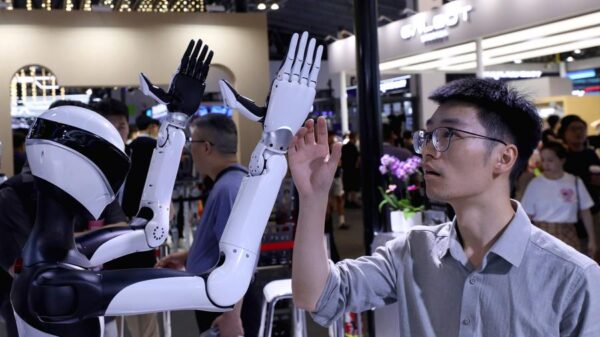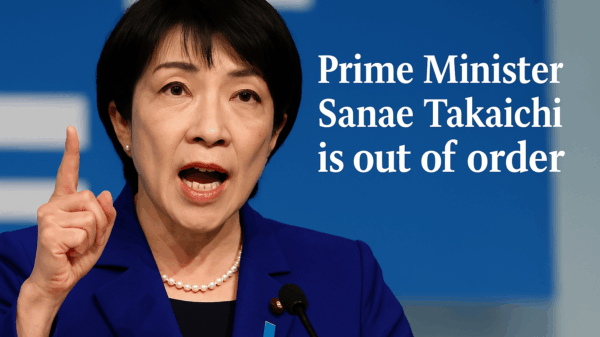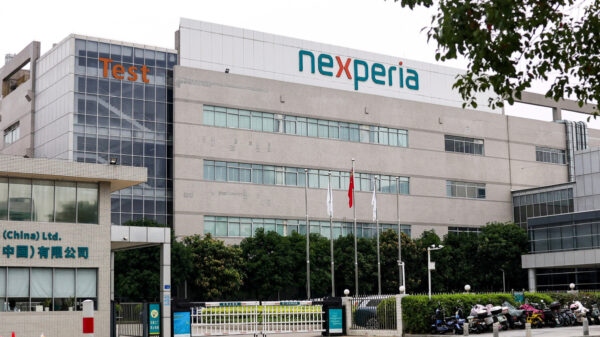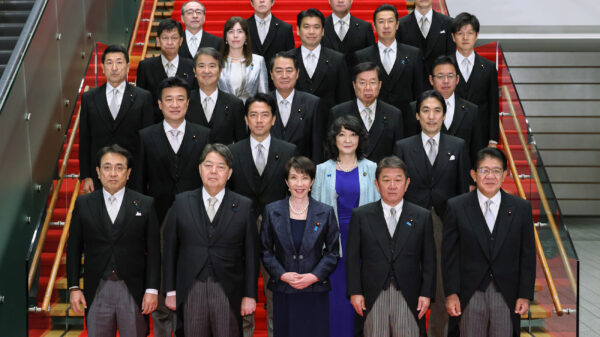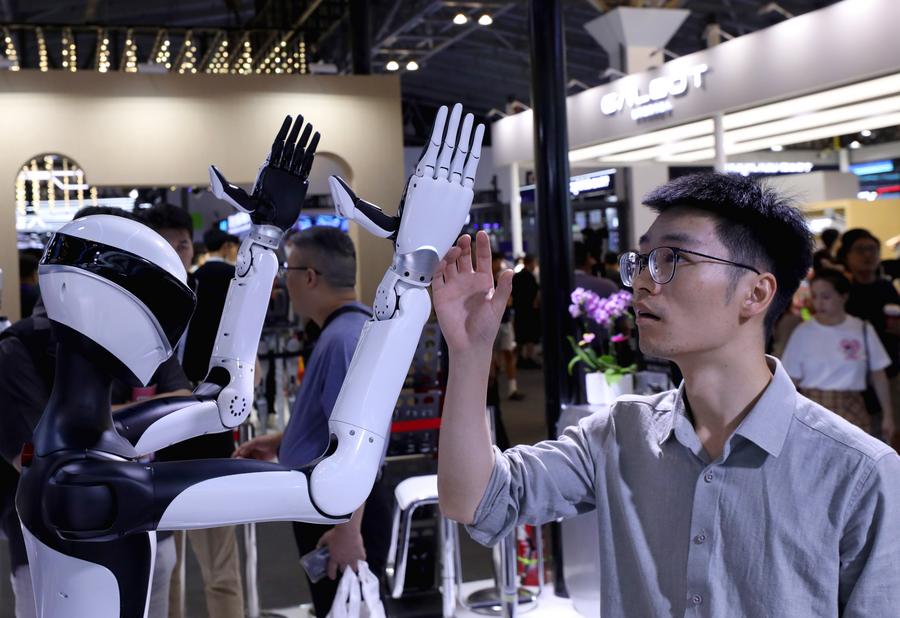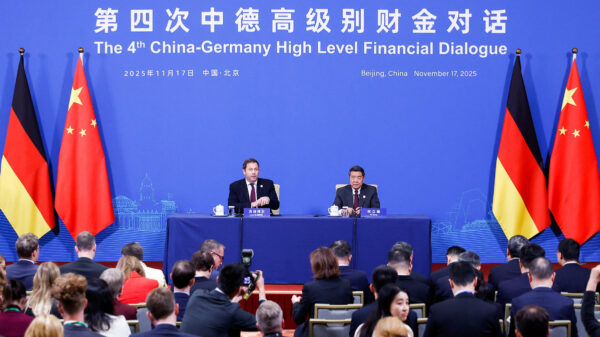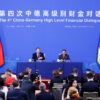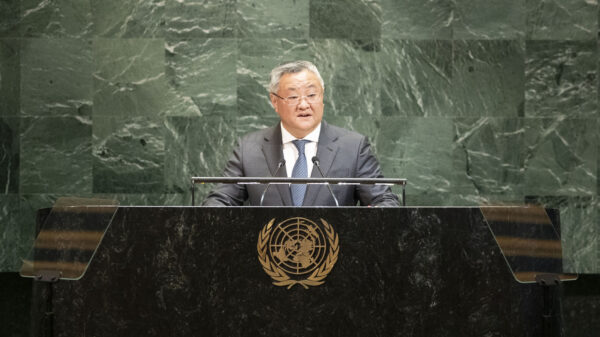BEIJING, Nov. 23 (Xinhua) — Artificial intelligence (AI) is undoubtedly one of today’s global buzzwords. But in China — the world’s second-largest economy — a key question is how its AI ambitions will unfold and reshape the country’s future growth path. Clues to the answer can be found in a major national initiative known as “AI Plus.”
Unveiled by a government work report in 2024, the “AI Plus” initiative is gathering steam, emerging as a key priority for China’s social and economic development. Most recently, a call to “advance the ‘AI Plus’ initiative across the board” was written into the Communist Party of China Central Committee’s recommendations for formulating the 15th Five-Year Plan (2026-2030), underscoring its importance for the country’s future.
WHAT DOES “AI PLUS” MEAN?
The “AI Plus” initiative aims to promote the extensive, in-depth integration of AI across all industries throughout China’s economy and society. It calls for using AI to reshape how people produce and live, drive revolutionary breakthroughs in productivity with profound shifts in production relations, and accelerate the emergence of a new intelligent economy and society characterized by human-machine collaboration, cross-sector integration, and shared innovation.
In the recommendations document, these efforts were further specified. “We should steer the transformation of scientific research paradigms with AI, apply AI tools in industrial development, cultural advancement, public well-being initiatives and social governance, and strive to gain the edge in the industrial application of AI.” “All these efforts will facilitate AI empowerment in all sectors on all fronts,” according to the document.
WHY IS IT IMPORTANT FOR CHINA?
An official textbook designed to help readers better understand the recommendations document explains why China is advancing the “AI Plus” initiative across all fronts. According to the book, AI is a strategic technology driving a new round of sci-tech revolution and industrial transformation in the digital economy era. Although China ranks among the global leaders in AI development, it still faces shortcomings in fundamental theories and key core technologies. To address these challenges, the book notes that China needs to make full use of the “AI Plus” initiative to leverage its comprehensive industrial system, vast market scale, and rich application scenarios, thereby accelerating the advancement of AI technologies through practical applications.
Additionally, AI is moving from laboratories into factories and everyday life, creating new momentum for development. Many countries have introduced AI development strategies and created new sectors such as autonomous driving, humanoid robots and brain-machine interfaces. Amid intensifying international competition, it is crucial for China to take the lead in the industrial application of AI technologies. The “AI Plus” initiative is expected to further strengthen the application-oriented development of AI technologies, foster innovative AI products and services, and promote the large-scale commercial use of AI in the country.
HOW WILL CHINA MOVE NEXT?
China has outlined a roadmap for advancing the “AI Plus” initiative. According to a set of guidelines unveiled by the State Council in August, China aims to achieve extensive, in-depth integration of AI across six key sectors by 2027. The core industries of the intelligent economy will see rapid growth, while AI’s role in public governance will be significantly enhanced. By 2030, AI will comprehensively empower China’s high-quality development. The intelligent economy will become a key driver of the country’s economic development. Access to AI technology will be expanded, enabling more people to benefit from it. By 2035, China will have fully entered a new stage of intelligent economic and social development, providing strong support for the basic realization of socialist modernization. Having made significant progress in AI capacity in recent years, the country is well-positioned to achieve these goals. Currently, China accounts for about 60 percent of the world’s AI patents, ranking first globally. In terms of practical application, multiple world-class AI models have emerged in the country, and more than 100 benchmark application scenarios have taken shape.
Yu Youcheng, deputy secretary-general of the Chinese Association for Artificial Intelligence, said that China’s achievements and progress in AI will help drive sci-tech innovation to new highs. Looking ahead to the next five years, Yu noted that by embracing scenario-based innovation, it will be possible not only to better connect technology and industry and bridge research and the market, but also to promote the integrated development of technological and industrial innovation. With the full implementation of the “AI Plus” initiative, China’s sci-tech innovation will further accelerate, thereby underpinning the country’s drive to build itself into a technological powerhouse, Yu added.

